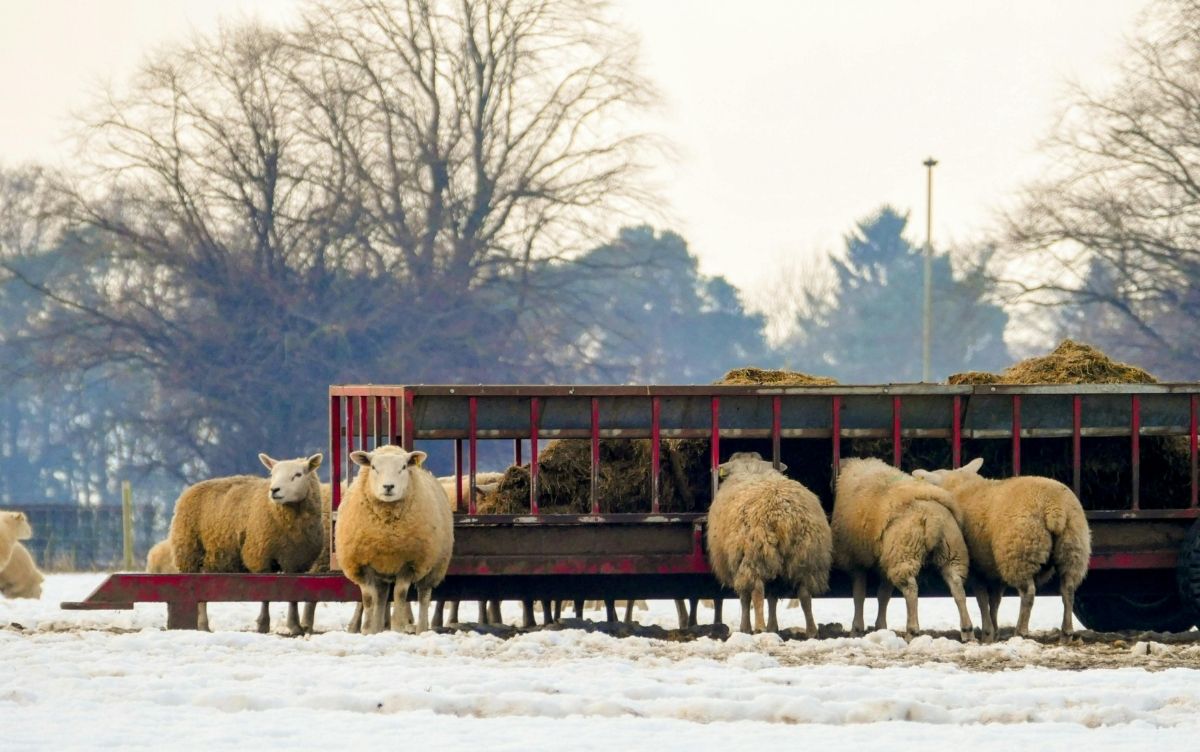The Official Controls Regulation (OCR) - Regulation (EU) 2017/625, came fully into force across the EU on 14 December 2019 and was retained in domestic law in Great Britain when the UK left the EU and EU law no longer applied.
As a result the legal framework for official controls in the UK remains similar to that which currently applies in the EU. Differences are beginning to emerge however particularly in relation to how imports are treated at respective borders.
The legislation cuts across all aspects of the agri-food chain, such as import controls and laboratories, as well as different commodities, such as live animals, plants, food and feed of animal origin and food and feed of non-animal origin.
The OCR contains empowerments which allows Ministers across GB to make changes to the legal framework. These powers were previously held by the EU Commission and as a result there are a number of items of tertiary legislation made using OCR powers which set out in detail how official controls should be delivered. For example, Delegated Regulation (EU) 2019/624 and Implementing Regulation (EU) 2019/627, made under Article 18 of Regulation (EU) 2017/625, set out the specific rules on official controls on products of animal origin (POAO). A list of published tertiary legislation can be found in Annex A.

